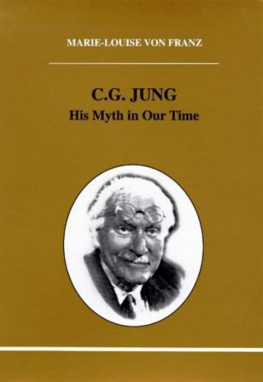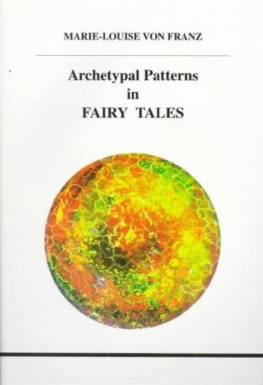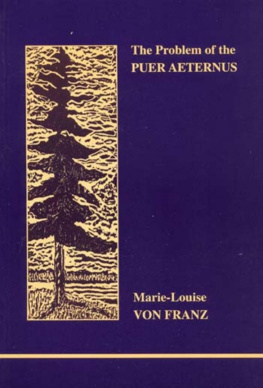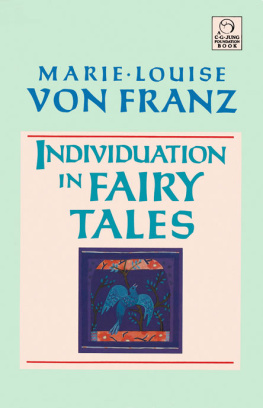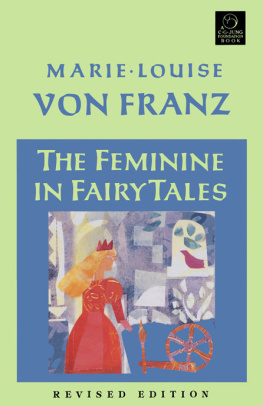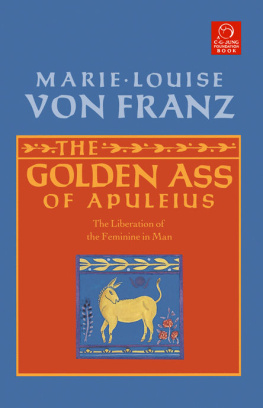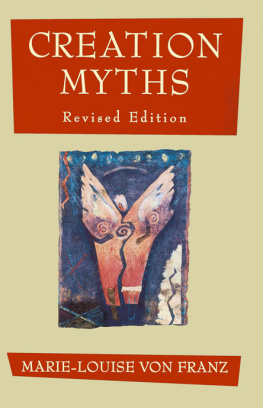CONTENTS.
INTRODUCTION
CHAPTER
I. EARLY YEARS
II. 1809
III. THE PRELIMINARIES OP THE WEDDING
IV. THE BETROTHAL
V. THE RELIGIOUS DIFFICULTY
VI. THE AMBASSADOR EXTRAORDINARY
VII. THE WEDDING AT VIENNA
VIII. THE DEPARTURE
IX. THE TRANSFER
X. THE JOURNEY
XI. COMPIGNE
XII. THE CIVIL WEDDING
XIII. THE ENTRANCE INTO PARIS
XIV. THE RELIGIOUS CEREMONY
XV. THE HONEYMOON
XVI. THE TRIP IN THE NORTH
XVII. THE MONTH OF JUNE, 1810
XVIII. THE BALL AT THE AUSTRIAN EMBASSY
XIX. THE BIRTH OF THE KING OF ROME
XX. THE RECOVERY
XXI. THE BAPTISM
XXII. SAINT CLOUD AND TRIANON
XXIII. THE TRIP TO HOLLAND
XXIV. NAPOLEON AT THE HEIGHT OF HIS POWER
XXV. MARIE LOUISE IN 1812
XXVI. THE EMPRESS'S HOUSEHOLD
XXVII. DRESDEN
XXVIII. PRAGUE
THE HAPPY DAYS
OF
THE EMPRESS MARIE LOUISE
INTRODUCTION.
In 1814, while Napoleon was banished in the island of Elba, the Empress Marie Louise and her grandmother, Marie Caroline, Queen of Naples, happened to meet at Vienna. The one, who had been deprived of the French crown, was seeking to be put in possession of her new realm, the Duchy of Parma; the other, who had fled from Sicily to escape the yoke of her pretended protectors, the English, had come to demand the restitution of her kingdom of Naples, where Murat continued to rule with the connivance of Austria. This Queen, Marie Caroline, the daughter of the great Empress, Maria Theresa, and the sister of the unfortunate Marie Antoinette, had passed her life in detestation of the French Revolution and of Napoleon, of whom she had been one of the most eminent victims. Well, at the very moment when the Austrian court was doing its best to make Marie Louise forget that she was Napoleon's wife and to separate her from him forever, Marie Caroline was pained to see her granddaughter lend too ready an ear to their suggestions. She said to the Baron de Mneval, who had accompanied Marie Louise to Vienna: "I have had, in my time, very good cause for complaining of your Emperor; he has persecuted me and wounded my pride,I was then at least fifteen years old,but now I remember only one thing,that he is unfortunate." Then she went on to say that if they tried to keep husband and wife apart, Marie Louise would have to tie her bedclothes to her window and run away in disguise. "That," she exclaimed, "that's what I should do in her place; for when people are married, they are married for their whole life!"
If a woman like Queen Marie Caroline, a sister of Marie Antoinette, a queen driven from her throne by Napoleon, could feel in this way, it is easy to understand the severity with which those of the French who were devoted to the Emperor, regarded the conduct of his ungrateful wife. In the same way, Josephine, in spite of her occasionally frivolous conduct, has retained her popularity, because she was tender, kind, and devoted, even after she was divorced; while Marie Louise has been criticised, because after loving, or saying that she loved, the mighty Emperor, she deserted him when he was a prisoner. The contrast between her conduct and that of the wife of King Jerome, the noble and courageous Catherine of Wurtemberg, who endured every danger, and all sorts of persecutions, to share her husband's exile and poverty, has set in an even clearer light the faults of Marie Louise. She has been blamed for not having joined Napoleon at Elba, for not having even tried to temper his sufferings at Saint Helena, for not consoling him in any way, for not even writing to him. The former Empress of the French has been also more severely condemned for her two morganatic marriages,one with Count Neipperg, an Austrian general and a bitter enemy of Napoleon, the other with Count de Bombelles, a Frenchman who left France to enter the Austrian service. Certainly Marie Louise was neither a model wife nor a model widow, and there is nothing surprising in the severity with which her contemporaries judged her, a severity which doubtless history will not modify. But if this princess was guilty, more than one attenuating circumstance may be urged in her defence, and we should, in justice, remember that it was not without a struggle, without tears, distress, and many conscientious scruples, that she decided to obey her father's rigid orders and become again what she had been before her marriage,simply an Austrian princess.
It must not be forgotten that the Empress Marie Louise, who was in two ways the grandniece of Queen Marie Antoinette, through her mother Maria Theresa of Naples, daughter of Queen Marie Caroline, and through her father the Emperor Francis, son of the Emperor Leopold II., the brother of the martyred queen, had been brought up to abhor the French Revolution and the Empire which succeeded it. She had been taught from the moment she left the cradle, that France was the hereditary enemy, the savage and implacable foe, of her country. When she was a child, Napoleon appeared to her against a background of blood, like a fatal being, an evil genius, a satanic Corsican, a sort of Antichrist. The few Frenchmen whom she saw at the Austrian court were migrs, who saw in Napoleon nothing but the selfish revolutionist, the friend of the young Robespierre, the creature of Barras, the defender of the members of the Convention, the man of the 13th of Vendmiaire, the murderer of the Duke of Enghien, the enemy of all the thrones of Europe, the author of the treachery of Bayonne, the persecutor of the Pope, the excommunicated sovereign. Twice he had driven Austria to the brink of ruin, and it had even been said that he wished to destroy it altogether, like a second Poland. The young archduchess had never heard the hero of Austerlitz and Wagram spoken of, except in terms inspired by resentment, fear, and hatred. Could she, then, in a single day learn to love the man who always had been held up before her as a second Attila, as the scourge of God? Hence, when she came to contemplate the possibility of her marriage with him, she was overwhelmed with surprise, terror, and repulsion, and her first idea was to regard herself as a victim to be sacrificed to a vague Minotaur. We find this word "sacrifice" on the lips of the Austrian statesmen who most warmly favored the French alliance, even of those who had counselled and arranged the match. The Austrian ambassador in Paris, the Prince of Swartzenberg, wrote to Metternich, February 8, 1810, "I pity the princess; but let her remember that it is a fine thing to bring peace to such good people!" And Metternich wrote back, February 15, to the Prince of Swartzenberg, "The Archduchess Marie Louise sees in the suggestion made to her by her August father, that Napoleon may include her in his plans, only a means of proving to her beloved father the most absolute devotion. She feels the full force of the sacrifice, but her filial love will outweigh all other considerations." Having been brought up in the habit of severe discipline and passive obedience, she belonged to a family in which the Austrian princesses are regarded as the docile instruments of the greatness of the Hapsburgs. Consequently, she resigned herself to following her father's wishes without a murmur, but not without sadness. What Marie Louise thought at the time of her marriage she still thought in the last years of her life. General de Trobriand, the Frenchman who won distinction on the northern side in the American civil war, told me recently how painfully surprised he was when once at Venice he had heard Napoleon's widow, then the wife of Count de Bombelles, say, in speaking of her marriage to the great Emperor, "I was sacrificed."




